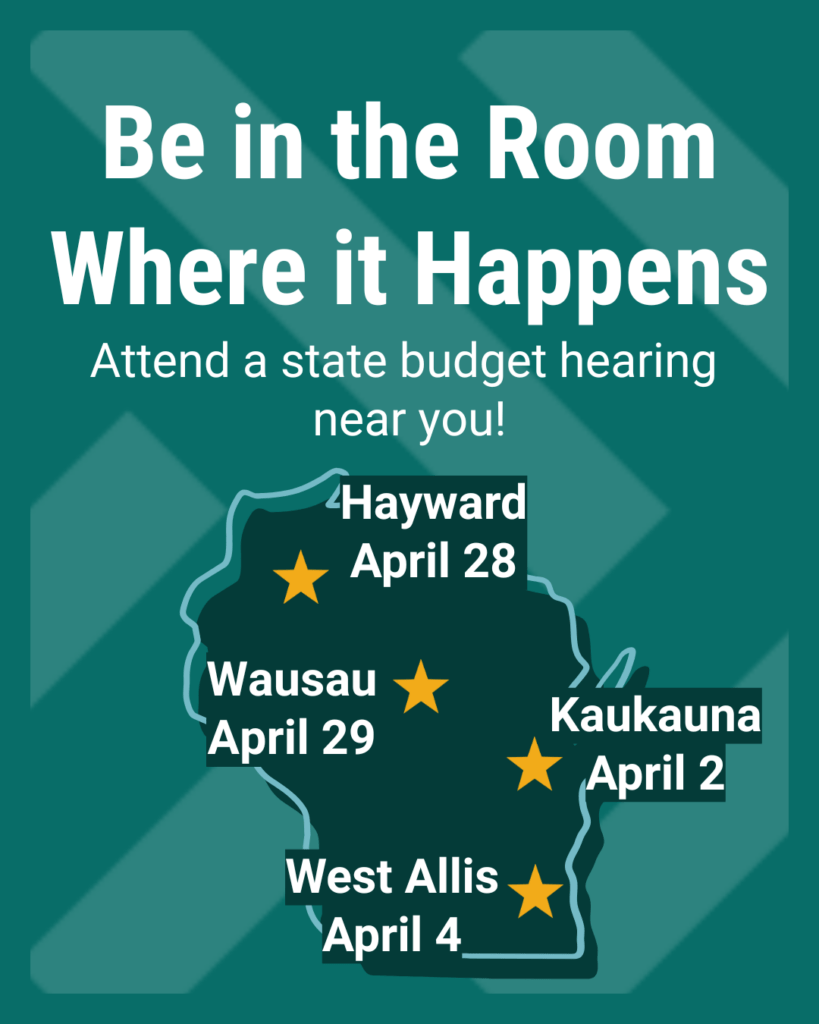Wisconsin’s rank of 13th in the annual
KIDS COUNT® Data Book signals troubling trends in child well-being over the past 30 years. Some of the indicators have not merely stalled but have gotten worse, and the high ranking masks significant racial and ethnic disparities within the four domains assessed annually: health, education, economic well-being and family and community.
The first
KIDS COUNT Data Book, published in 1990, represented an innovative idea to use data as a catalyst to advance state policies toward improving the lives of children and families. Thirty years later, KIDS COUNT and the Annie E. Casey Foundation have documented areas of significant progress. Nationally, and in Wisconsin, rates of teen pregnancy and child and teen deaths have dramatically reduced, while percentages of children attending preschool have increased — all very important factors for healthy children and families. Yet, in other areas, progress has stalled or regressed.
For example, there remains an urgent need for policymakers to address the unacceptable levels of reading and math proficiency among the nation’s students, and child poverty has not relented, and it is increasingly concentrated. “The data contained in this year’s
Data Book demonstrate that positive change can be made through targeted policy approaches, while simultaneously demanding that we do better both as a nation and as a state,” said Erica Nelson, project director of Wisconsin Kids Count and Race to Equity. “The information in this year’s report reinforces that we must act with urgency to expand Medicaid, combat persistent child poverty, and improve reading and math proficiency as well as high school graduation rates, all with a particular focus on those furthest from opportunity: low-income families of color. By embracing these challenges we can build a strong future for the state of Wisconsin.”
Learn more about the well-being of children in Wisconsin by downloading the 2019 KIDS COUNT ® Data Book.


